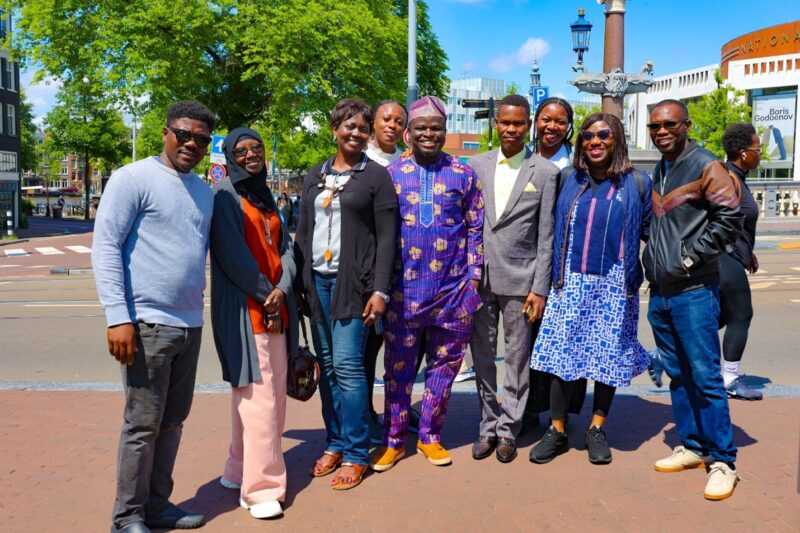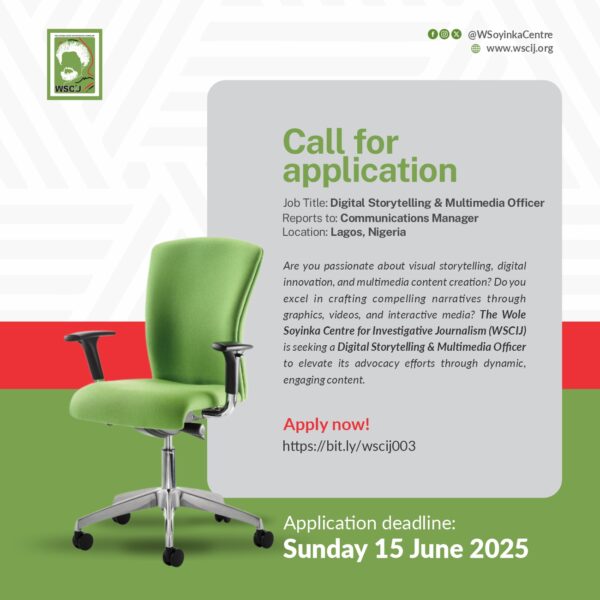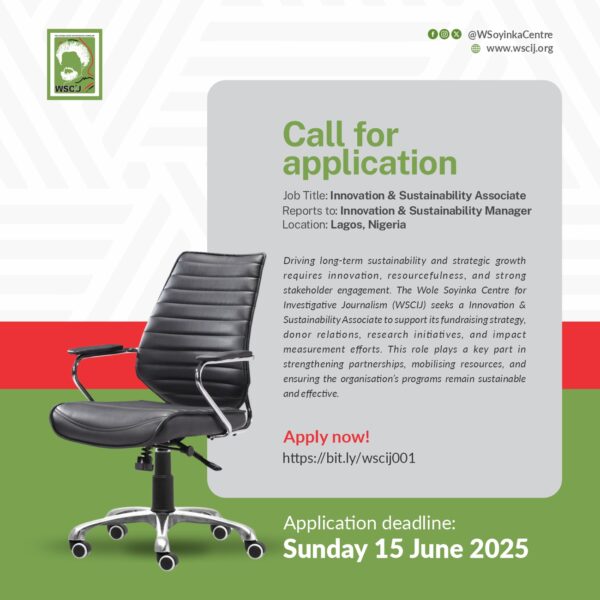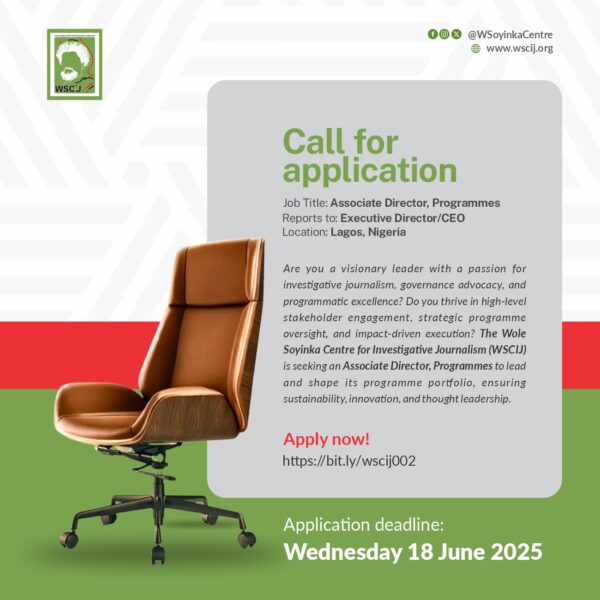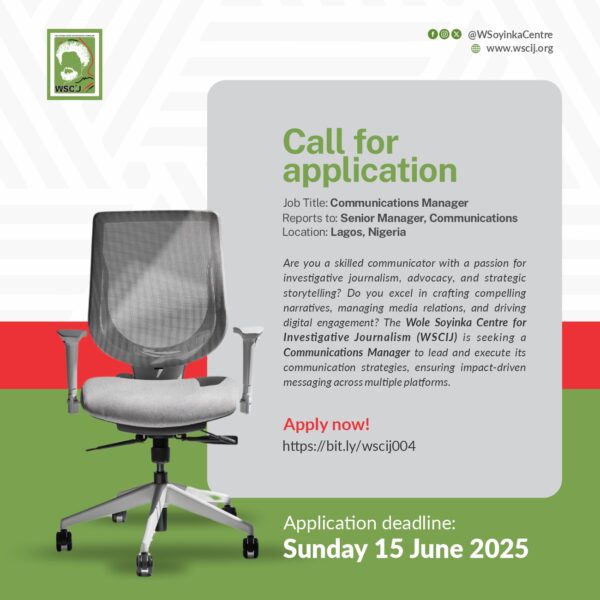Chapter 2 Section 22 of the Nigerian Constitution 1999 gives the media the role of holding the government accountable. It states:
The press, radio, television and other agencies of the mass media shall at all times be free to uphold the fundamental objectives contained in this Chapter and uphold the responsibility and accountability of the Government to the people.
Indeed, the sustenance of democracy is hinged on ethical and accountable journalism. But how does the media fare in keeping the government on its toes to deliver on its promises and to take responsibility for providing free, compulsory and universal primary education for its citizens? This was exactly what the Wole Soyinka Centre for Investigative Journalism (WSCIJ) sought to find out under its Regulators Monitoring Programme (REMOP), implemented with support from the MacArthur Foundation.
On the investigation, the WSCIJ conducted a three-month monitoring of twelve newspapers— The Punch, The Nation, Guardian, Vanguard, The Sun, Daily Trust, BusinessDay, Leadership, ThisDay, New Telegraph, Premium Times and The Cable, from 1 January to 31 March 2017.Analysis of data collected was considered under three broad themes— story types, story issues and school levels. It was not a study for its sake. It was used to map gaps in the coverage of basic education and electricity and to inculcate findings into the capacity development programme for the media on reporting basic education.
Of the 45,134 total number of pages published during the period, only about 1,625, representing 3.6 percent was used for education. The remaining 43,509 pages, representing 96.4 percent were used majorly for reporting politics, business, fashion, sports and crime. The apportioning of the larger number of pages to politics and others enlisted is not unconnected to the fund-generation drive and competition for readership among the newspapers, which unfortunately education cannot afford the publisher given its nature as a social service. However, the commitment to fill more pages with education stories was observed with many newspapers which have dedicated pages for education.
Not many reports in the period under review were keen on unearthing corruption and regulatory failures in the education sector. The majority of reports did no more than pass information about recent events in the sector. All the same, a few education stories did uncover some corrupt practices while also shedding light on the regulatory failures leading to them.
Education stories published in the period were largely straight news. News accounted for 4,567 (68.8 per cent) of the 6,636 education stories published during the period, and this was followed by photos, most of which were event-based. Again, many of the stories were played down in the inner pages of the newspapers. Out of 1,574 total number of headlines recorded during the period, only 43, representing about three out of every hundred headlines was used for education.
The data reveal there is a huge gap in the reportage of basic education, as most education stories are about the tertiary level. Primary schools are reported mostly when there is a special event – common entrance, visit by private company or NGO, inter-house sports, UBEC funds release etc. The case is even worse for Junior Secondary schools. Consequently, there is an urgent need to work with reporters and media houses to better focus on reporting basic education. The WSCIJ will continue in it’s usual approach, to lead this effort.
Also, there is a need to deliberately support the reportage of basic education. Although there are many reporters covering education, most of these are concentrated in Tertiary and Secondary education. WSCIJ’s research and interaction with reporters reveal that basic education continues to be poorly covered in the country.
Not playing the ostrich, revenue/fund generation is very crucial for the sustainability of media organisations. Typically, the system may have contributed to the situation whereby a Primary school principal may not be able to afford what a Local Government Chairman who is a political office holder can afford.
However, continuing in this trend will on the long run be detrimental to the education sector. Media managers must therefore begin to rethink innovative strategies that would enable it play it’s role as a watchdog uncompromisingly while still staying afloat business wise. The under reportage of basic education leaves more to be done by the media in Nigeria.
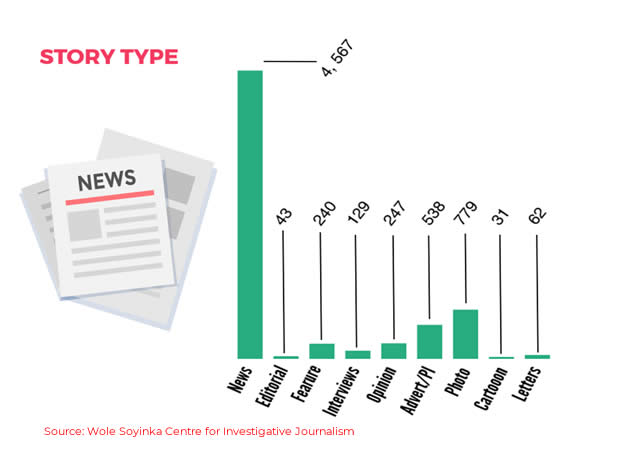 Analysis of data on school levels shows that stories on basic education were low compared to those of tertiary and senior secondary education, with tertiary education aloneaccounting for 3,996 (60.22 percent) of the 6,636education stories published in the period under review.
Analysis of data on school levels shows that stories on basic education were low compared to those of tertiary and senior secondary education, with tertiary education aloneaccounting for 3,996 (60.22 percent) of the 6,636education stories published in the period under review.
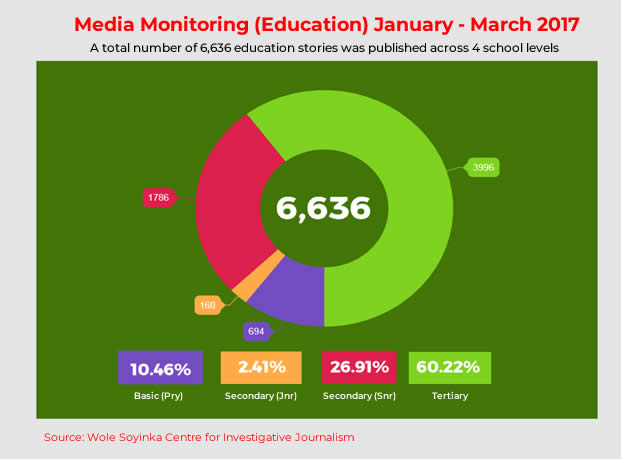 WSCIJ asserts that conscious efforts should be made by stakeholders in the media industry to employ a more narrative presentation of education stories, prioritise the reporting of basic education issues, give the sector more visibility through banner headlines, as well as do more investigative stories.
WSCIJ asserts that conscious efforts should be made by stakeholders in the media industry to employ a more narrative presentation of education stories, prioritise the reporting of basic education issues, give the sector more visibility through banner headlines, as well as do more investigative stories.

